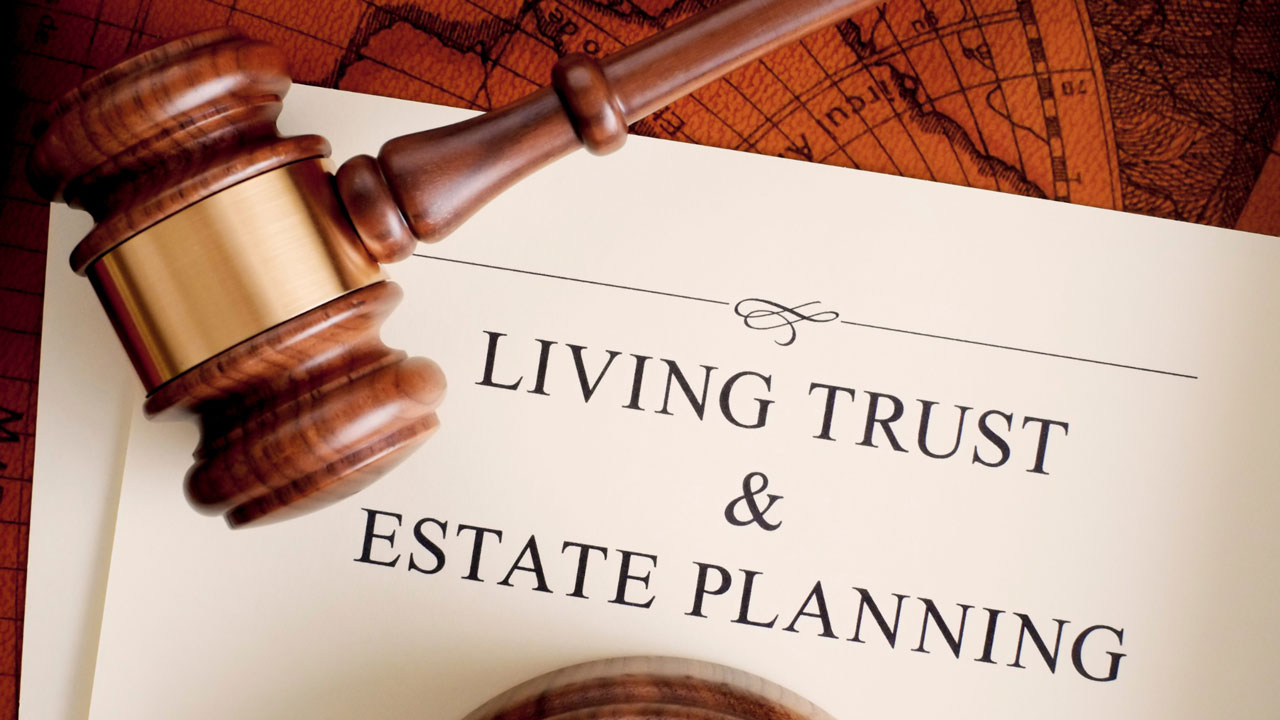A will is a legal document that details how you would like your estate divided after you die. Having a will isn't mandatory, but it's far better to work with a Los Angeles estate planning attorney and create a will than to die intestate.
If you die intestate in California, Intestate Succession applies. This means that assets are distributed based on the relationship with the deceased, for example, spouse then children then siblings then aunts, etc.
It doesn't matter if you wanted to cut uncle Joe from your will. According to Intestate Succession, it's likely that he'll get a share of your personal property.
While it's assumed that all assets and property must be included in a will, there are some exceptions that you should know about.
Types Of Property You Can’t Include When Making a Will
You can't include assets that are independent of your will. For example, life insurance policies aren't part of your estate. They're independent "assets" that go to the named beneficiary, usually but not limited to spouses and children.
Other properties you can't include in your will include the following:
Joint Tenancy
In a joint tenancy, the surviving tenant gets her share of the property. Even if your will states that you're leaving your share to your daughter, it will automatically go to your tenancy partner.
Living Trust
Many testators put their assets in a living trust because it keeps their property out of the probate process.
By nature, a living trust is independent of your will. You might want your son to get the summer house in Santa Barbara, but if it's in the living trust it will automatically go to all beneficiaries named in the trust document.
You can remove the summer house from the living trust, but you must go through the official process and complete all the applicable documents. Talk to an estate planning lawyer in Los Angeles to see if a living trust is the best way for you to go.
Retirement Plans
It doesn't matter what type of retirement accounts you have, they all enable you to leave the proceeds to whomever you want, including anyone whom you think deserves it.
Stocks and Bonds Held in Beneficiary
Proceeds go to your chosen beneficiary. If you want to change beneficiaries you'll have to go through your broker.
Payable-On-Death and Transfer-On-Death Bank Accounts
You nominate your beneficiary when you open an account, but you can change your mind and the beneficiary by filling in a form at your bank.
What to Include in a Will
To be legally binding, a will has to include essential information.
Personal Details
Your full name, birth date, and address. You can add family details, including your spouse's and children's names, and perhaps the names of the listed beneficiaries.
Testamentary Intent
You must state that the document is a will; for example, "This is my last will and testament." You must show your understanding of the document and what it means legally.
An estate planning attorney in Los Angeles can help you with the proper wording to ensure it's valid.
Executor
Executors oversee the estate administration process, i.e., your wishes are met and all legal obligations are taken care of, including paying off debt and submitting a last tax return.
Executors can be family members, friends, or anyone you trust, like your estate planning attorney in Los Angeles, CA.
If you don't appoint an executor then a family member or friend can apply to the probate court to assume the role. The court will appoint an administrator if there are no applications.
Guardian
If you have pets or children you need to name someone you trust to take over their guardianship. Guardians can be anyone who you know will continue to raise your pets and children in the way you wish.
Property and Beneficiaries
List all your assets and specify each beneficiary. Consider contingent beneficiaries. Those who will inherit an asset if the primary beneficiary can't receive it.
Include as many assets as possible. Some spring naturally to mind; cars, books, and your safe deposit box. It's unlikely you'll think of everything the first time around and very likely you'll obtain more assets before you die.
That's why you should update your will regularly. The recommended period of time is three to five years.
Signatures
Your will must be signed by two witnesses who don't stand to benefit. They confirm that all requirements have been met, everything is above board, and you are, indeed, of sound mind.
Your Options for Making a Will
The Superior Court of California accepts several types of wills.
Holographic Wills
Holographic wills are handwritten. A holographic will doesn't need witnesses or notaries to ensure validity. The only requirement is that the testator must sign and date the document.
A disadvantage is that they don't stand up well to contestation. Without witnesses, it's difficult to prove that the will was drawn up by the testator and that they fully understood what they were doing while being in sound mind.
Statutory Wills
California Probate Code Section 6240 provides a free template for testators to draw up a legally valid will. However, you must use it as is. You can't edit it at all.
There are free templates online, which you can edit and adapt to suit your needs.
Pour-Over Wills
Pour-over will go hand-in-hand with living trusts. One of the reasons testators create living trusts is to protect property and assets from probate proceedings. There are, however, assets that aren't included in living trusts while the testator is still alive.
A pour-over will ensure that these assets are poured into the living trust upon your death.
Attested Wills
An attested will is prepared by your estate planning attorney in Los Angele, so there is no doubt as to its legality. It must be signed by two witnesses who don't stand to inherit anything.
One of the advantages is that if your will is notarized, it's considered self-proving. It's far less vulnerable to contestation.
Start Your Estate Plan with a Trusted Estate Planning Lawyer in Los Angeles
Estate planning is not something to be taken lightly, nor is it something to be delayed. McKenzie Legal & Financial offers a range of estate planning services, from growing your nest egg to helping you set up trusts to avoid probate.
Contact us today at McKenzie Legal & Financial to book a 30-minute consultation with our Los Angeles estate planning lawyer. Complete the onsite online form or call 562-594-4200 for assistance.











